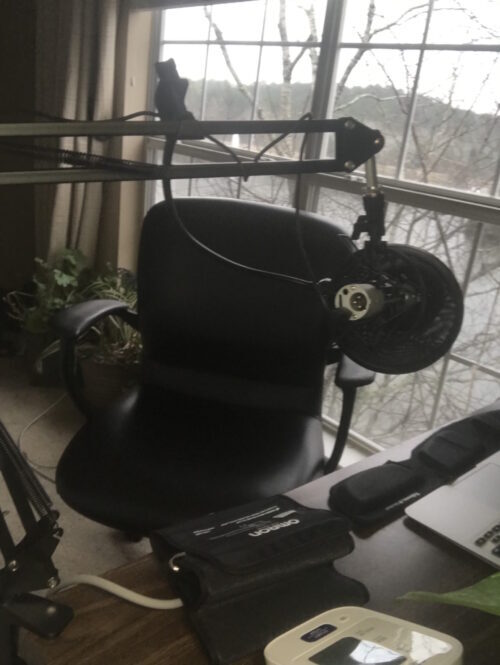Hypertension (High Blood Pressure) Blog
Welcome to the Hypertension Resistant Management Website for Nurse Practitioners (NPs)!As healthcare professionals dedicated to optimizing patient care, we recognize the challenges posed by hypertension that proves resistant to conventional treatment.
At this website, we provide invaluable resources tailored specifically for Nurse Practitioners to navigate this complex terrain with confidence and efficacy.
Our goal is to empower NPs with the latest evidence-based strategies, guidelines, and tools to effectively manage resistant hypertension cases.
Whether you’re seeking updated pharmacological interventions, exploring lifestyle modifications, or discussing patient education techniques, we’ve curated a comprehensive array of resources to support your clinical practice.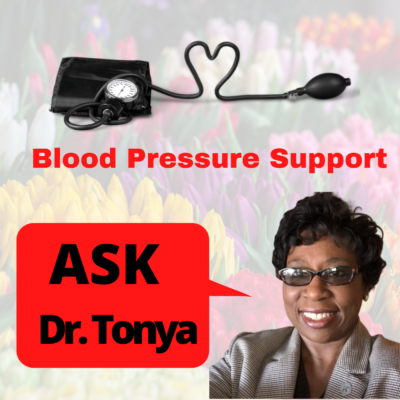
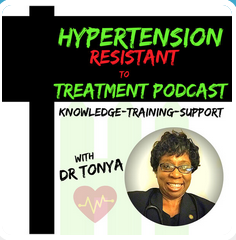
From case studies and clinical insights to interactive forums and expert webinars, this website serves as your go-to destination for
staying informed, connected, and equipped to tackle even the most challenging hypertension cases.
Join our community of dedicated Nurse Practitioners committed to elevating patient outcomes in hypertension management.
Together, let’s navigate the complexities of resistant hypertension and make a meaningful difference in the lives of our patients.
Here is how you can help your patients:
As a new Nurse Practitioner, effectively guiding patients to implement lifestyle modifications for managing hypertension is crucial.
1) Lifestyle Modifications: Start by educating patients about the impact of lifestyle changes on blood pressure. Encourage them to adopt a balanced diet rich in fruits, vegetables, and low-fat dairy products while reducing sodium intake. Emphasize the importance of regular physical activity, maintaining a healthy weight, limiting alcohol consumption, and quitting smoking. Explain how these changes can lower blood pressure and potentially reduce the need for medication.
2) Monitoring and Tracking: Teach patients how to monitor their blood pressure at home using a reliable blood pressure monitor. Emphasize the importance of consistency and accuracy in readings. Encourage them to keep a log of their readings and discuss the results during follow-up appointments. Explain how monitoring can provide valuable insights into the effectiveness of lifestyle changes and inform treatment decisions. 3) Stress Management: Discuss the connection between stress and elevated blood pressure with patients. Educate them about various stress management techniques, such as deep breathing exercises, progressive muscle relaxation, mindfulness meditation, or engaging in enjoyable activities. Help patients identify stressors in their lives and explore strategies to cope effectively.
3) Stress Management: Discuss the connection between stress and elevated blood pressure with patients. Educate them about various stress management techniques, such as deep breathing exercises, progressive muscle relaxation, mindfulness meditation, or engaging in enjoyable activities. Help patients identify stressors in their lives and explore strategies to cope effectively.
4) Complementary Therapies: Introduce patients to complementary therapies that may complement conventional treatment. Explain that while therapies like acupuncture, biofeedback, or omega-3 fatty acid supplements may have modest effects on blood pressure, they should be discussed with you before incorporation into the treatment plan. Ensure patients understand the importance of seeking evidence-based interventions and consulting with you before trying new therapies.
5) Regular Follow-up: Stress the importance of regular follow-up appointments to monitor patients’ progress and adjust treatment plans as needed. Schedule appointments to coincide with patients’ availability and encourage them to ask questions or express concerns during these visits. Emphasize the collaborative nature of healthcare decision-making and reassure patients that their input is valued in developing a personalized treatment plan.
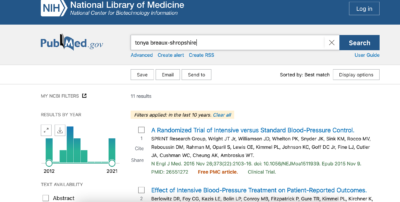 By guiding patients through these steps and fostering open communication, Nurse Practitioners can empower patients to take an active
By guiding patients through these steps and fostering open communication, Nurse Practitioners can empower patients to take an active
role in managing their hypertension and improve overall health outcomes.
What I have found over the last 10 years of hypertension research and clinical training is that, overall, we have failed at healthy literacy for our patients. There are certain things everybody ought to know about high blood pressure and its management.
However, this essential information is likely not being taught in most clinical settings mostly due to the lack of time. The average health care provider is allowed about 8 minutes for your office visit.
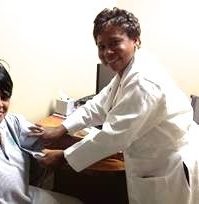
This free blog, podcast, and YouTube channel will give you all that you need to help your patients obtain good blood pressure control. You might even be able to decrease the number of pills to address the pill burden. Keep in mind that this is not medical advice. Join the membership for free for one on one help in the membership tab above. Reach out to me on Speakpipe voicemail for support, specific questions, or comments.
Most Recent Blog Episodes
Save Money and Time on Prescription Medications
Understanding the Stages of COVID-19 and Effective Treatment at Each Stage
Lower Your Blood Pressure with Isometric Exercises: Evidence-Based Insights That’s Unbelievable
Lower your blood pressure with effective isometric exercises and expert tips
How GLP-1 Drugs Do More Than Help You Lose Weight
GLP-1 drugs like semaglutide do more than promote weight loss—they also help reduce alcohol cravings and impulsive behaviors by regulating the brain’s reward system. Discover their full benefits and how they could transform your health.
How Alcohol Affects Blood Pressure and Managing Alcohol Withdrawal for Hypertension
Excessive alcohol consumption can take a serious toll on both heart and mental health, leading to conditions like high blood pressure, anxiety, depression, and memory issues. Understanding these risks and recognizing early symptoms can be crucial steps toward recovery and long-term wellness.
Why Taking Blood Pressure Pills at the Same Time Every Day Matters
Learn why taking blood pressure medication at the same time every day is essential for preventing dangerous spikes and maintaining your overall health.
